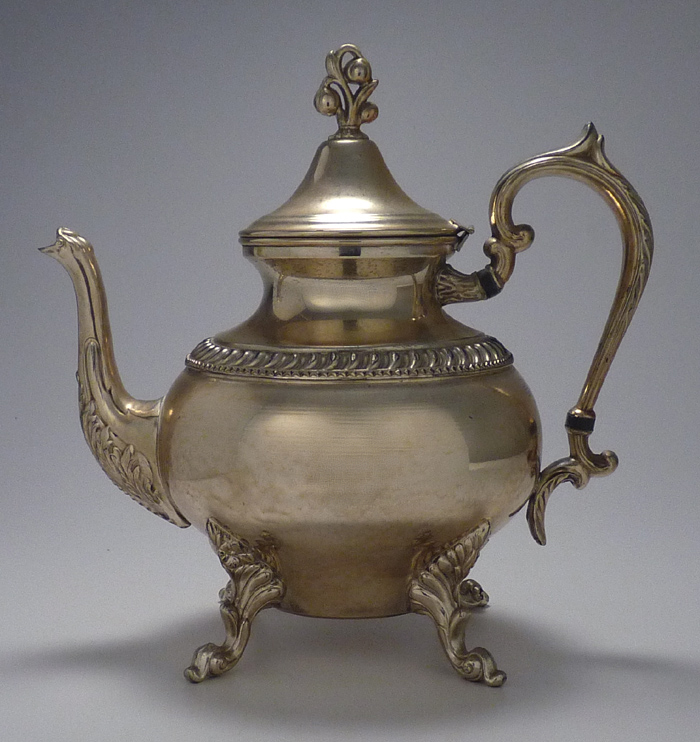
Home
Page • About
Me • Before
& After Images • Services
Offered • Repair
Issues • Resources
Frequently
Asked Questions • Silver
Care • Silver
Glossary • Shop
Views • The
Library
Testimonials •Work
Order.doc /.pdf • Contact




